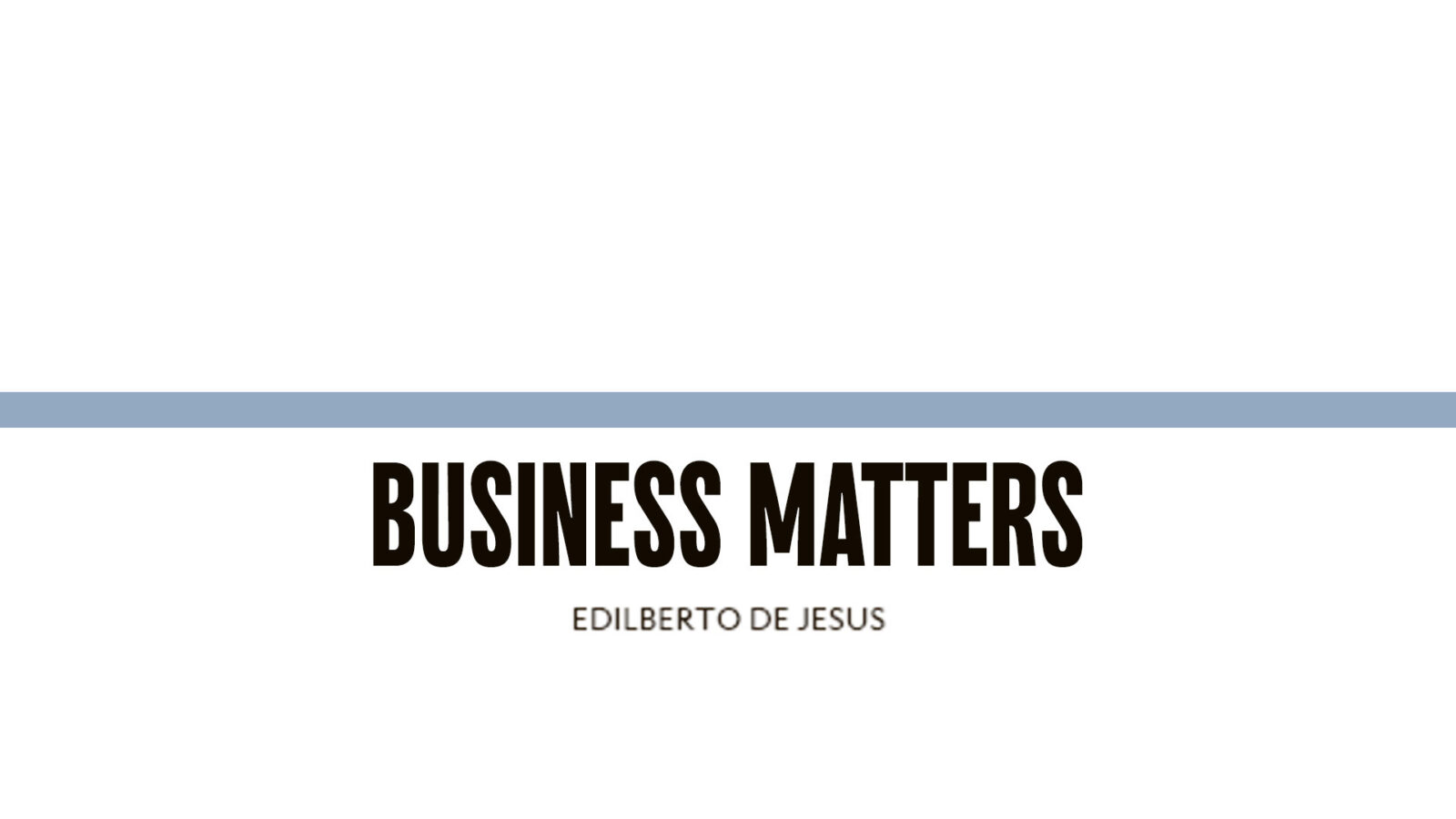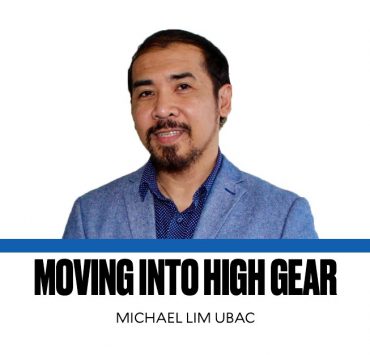Connecting corruption and elections

Sen. Alan Peter Cayetano saw how the Department of Public Works and Highways/budget scams managed to enrage a public long resigned to and numbed by corruption. Beyond the massive amounts involved and the telegenic impact of floods on people’s resources and lives, the lack of any effort to conceal the corruption added insult to injury: identical cost estimates for infrastructure projects in different areas; the same before-and-after photographs to document the progress of work; projects claimed to be completed and fully paid in an impossible record time; paid, unfinished, and ghost projects.
Cayetano’s alarmed response, rightly connecting corruption to leadership, called for all incumbent elected national officials to resign their posts and commit not to run again. The intent was a radical “system reset,” to allow for leadership change through new elections. Critics quickly dismissed the proposal as “political theater,” pointing to constitutional constraints and practical implementation issues. The most suspicious suggested that this idea would benefit those endangered by ongoing congressional hearings on corruption; better to trade current and future elective positions for a get-out-of-jail card.
In fairness, let us acknowledge the significance of Cayetano’s confession. It admitted the breakdown of the governance system and erosion of public trust in government. We have structures, systems, and laws to prevent corruption: civil service rules and regulations check the bureaucracy; constitutional commissions provide oversight; the division of powers ensures institutional checks and balances. All guardrails proved easily bypassed, dismantled, or ignored. Even enforceable Ombudsman convictions could be quietly reversed. Nothing works when leaders expected to protect the public ignore, or worse, participate in the plunder.
The Cayetano initiative does not condemn all government officials as guilty. Proving individual guilt will take effort and evidence. But if not everyone is complicit, it is accepted that, especially at the highest levels of government, everyone is culpable. The failure is institutional and systemic. Institutions failed in their basic obligation to ensure that people’s hard-earned taxes met the country’s most urgent needs. All government branches and all political parties, even those considered “progressive,” benefited from the manipulation of the budget that they failed to check. Apparently, only Sen. Risa Hontiveros declined to sign the final version of the bicameral conference committee report on the 2025 budget.
Cayetano regarded resignation as necessary to rebuild public trust in government, the “sacrifice” he was willing to make. Since 1995, a Cayetano has continuously served in the Senate. Alan Peter won a congressional seat in 1998, when his father, the dynastic patriarch Rene, was still a senator. This combination was repeated when he was in the Senate and his brother Lino was in Congress. In some years, he and his sister, Pia, were both senators, as they are today. He was former President Rodrigo Duterte’s Foreign Affairs secretary when his wife, Lani, was Taguig mayor and Pia a senator. After three consecutive terms, Lani yielded Taguig to Lino in 2019, with Alan Peter back in Congress and Pia still in the Senate.
To break a 30-year legacy of public service and power was not a small price to pay. But will this not mean only a one-term pause? In an electoral system dominated for decades by political dynasties, who are likely to fill the vacancies if not other relatives of resigned incumbents? Dynasties, now reinforced by the perverse party list system that our laws have allowed to flourish, damage democracy in multiple ways, starting with the inevitable conflict-of-interest and impunity issues, when institutions supposed to check each other are headed by relatives. The monopoly of political power is the most damaging effect of dynasties. Who can compete against entrenched dynasties, deploying accumulated wealth and the network of political connections commanded by relatives in high government positions?
Not surprisingly, some groups demanding accountability for corruption also seek a “reset” for new leadership—but outside electoral and constitutional processes. This is a cure worse than the disease. Dynasties are not equally “fat” or equally bad. The public can access information about them. Voters can discriminate among dynasties and choose their poison. But we know little about shadowy figures who may claim, by force, a seat in variously labeled, unelected ruling councils. This is the danger that even dynasties must sacrifice to prevent.
Cayetano does not have to resign to regain a measure of public trust. He and his family can instead work for a long-overdue, constitutionally mandated antidynasty law. Who knows? Perhaps, the Villars, the Singsons, the Marcoses, and others among some 70 dynasties may be moved to follow the Cayetano example.
——————
Edilberto C. de Jesus is professor emeritus at the Asian Institute of Management.
—————–
Business Matters is a project of the Makati Business Club (makatibusinessclub@mbc.com.ph).





















AI can boost energy security in Apec